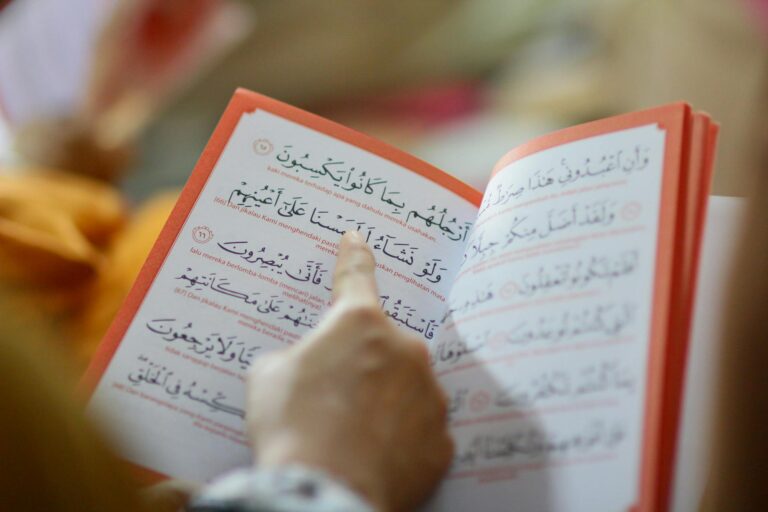Do you remember how your parents used to tell you as a child to do and avoid certain things because they are rude? There is a tiny problem, which is that following this list you were given in the past is not going to help you always.
When you move to another country or other community, you will notice that there are different traditions. What is accepted in your home may be considered rude elsewhere and what you see as rude may be the norm for others.
This applies to all the countries and cultures, and the Arabic world in the middle east is not an exception. Therefore, you have to learn the cultural norms in the Arabic country you are going to visit in order to act appropriately.
Another important thing to keep in mind is that etiquette should not only consider words but also nonverbal behavior as well. Sometimes, an innocent gesture could be more offensive than a thousand words.
You will have to deal with locals every day. They may be your neighbors, your boss, customers, or even your friends. Now when you do not know how to show your respect, you will be able to make friends or have a successful business.
Now, here are some of the etiquettes you need to know about.
Middle Eastern etiquette
All Arabic countries have a more conservative culture, making it vital to maintain good behavior and show good manners. Etiquette rules often vary depending on who you are dealing with and the situation, but there are some general guidelines you should know about.
Do not show the soles of your feet when sitting
In the Middle East, the soles of the feet are seen as dirty, and it is common for Arabic natives to feel offended if someone faces their feet towards them. This applies even when the feet are clean because it is not about cleanliness.
When sitting cross-legged, ensure your feet or the soles of your shoes are not facing anyone. If they are, adjust the way you sit.
Use the proper title when addressing someone
Arab people appreciate being addressed with the correct title, as it expresses respect. When addressing someone you do not know, you can use their name with the word “Sayyid,” which means “Mr.,” or “Sayyidah,” which means “Mrs.”
When addressing colleagues, it is common to use the name of their eldest son along with the word “Abu.” For example, “Abu Rami,” which means “father of Rami,” is quite acceptable in the Arabic world.
Many seniors prefer to be addressed with the word “Shayekh” before their name, but it is sometimes acceptable to use “Abu …” especially if they are friends. Additionally, you must use the word “Haj” for those who have completed the pilgrimage to Mecca.
When Arabic people introduce themselves or others, they usually provide the correct title to use. Try to remember and use it.



